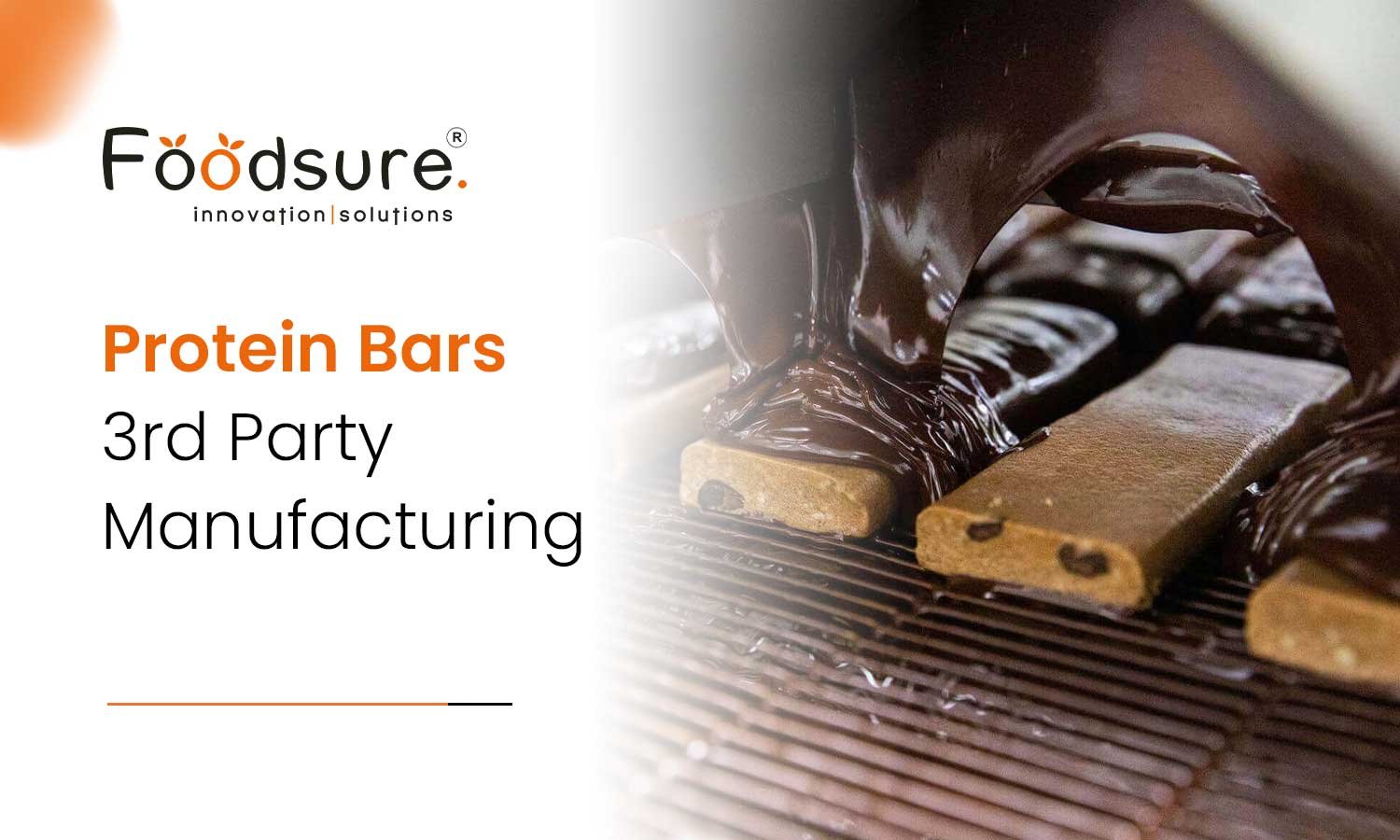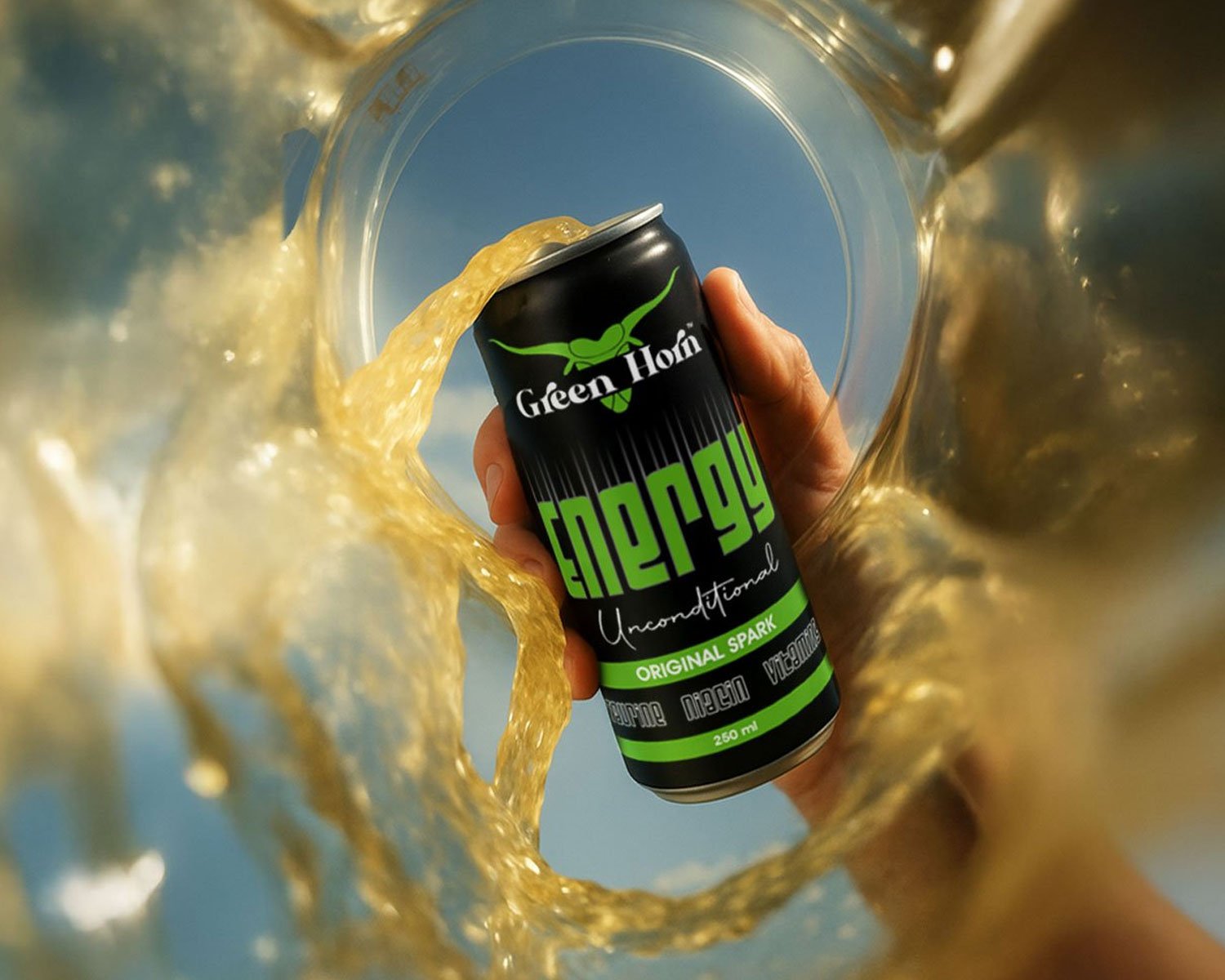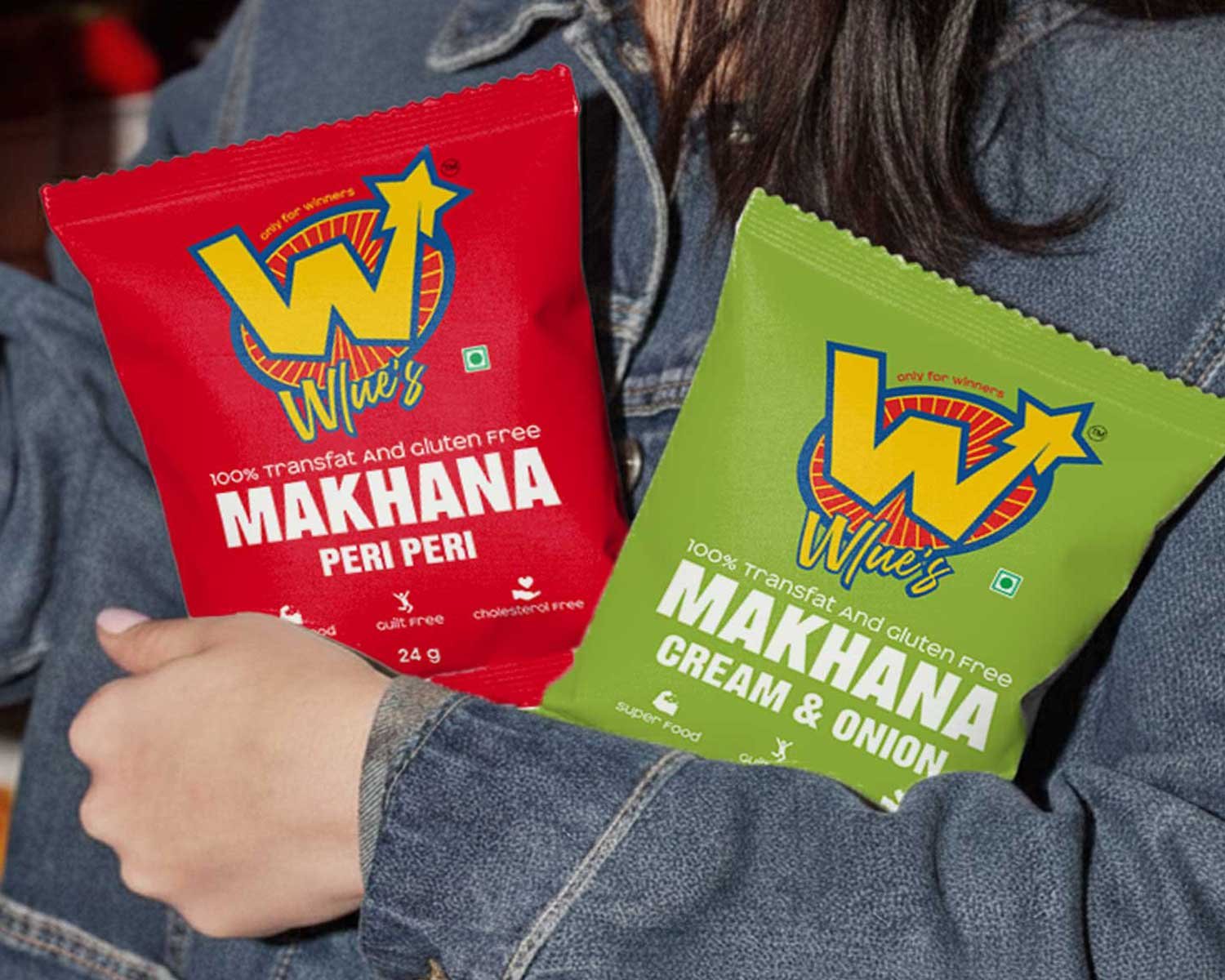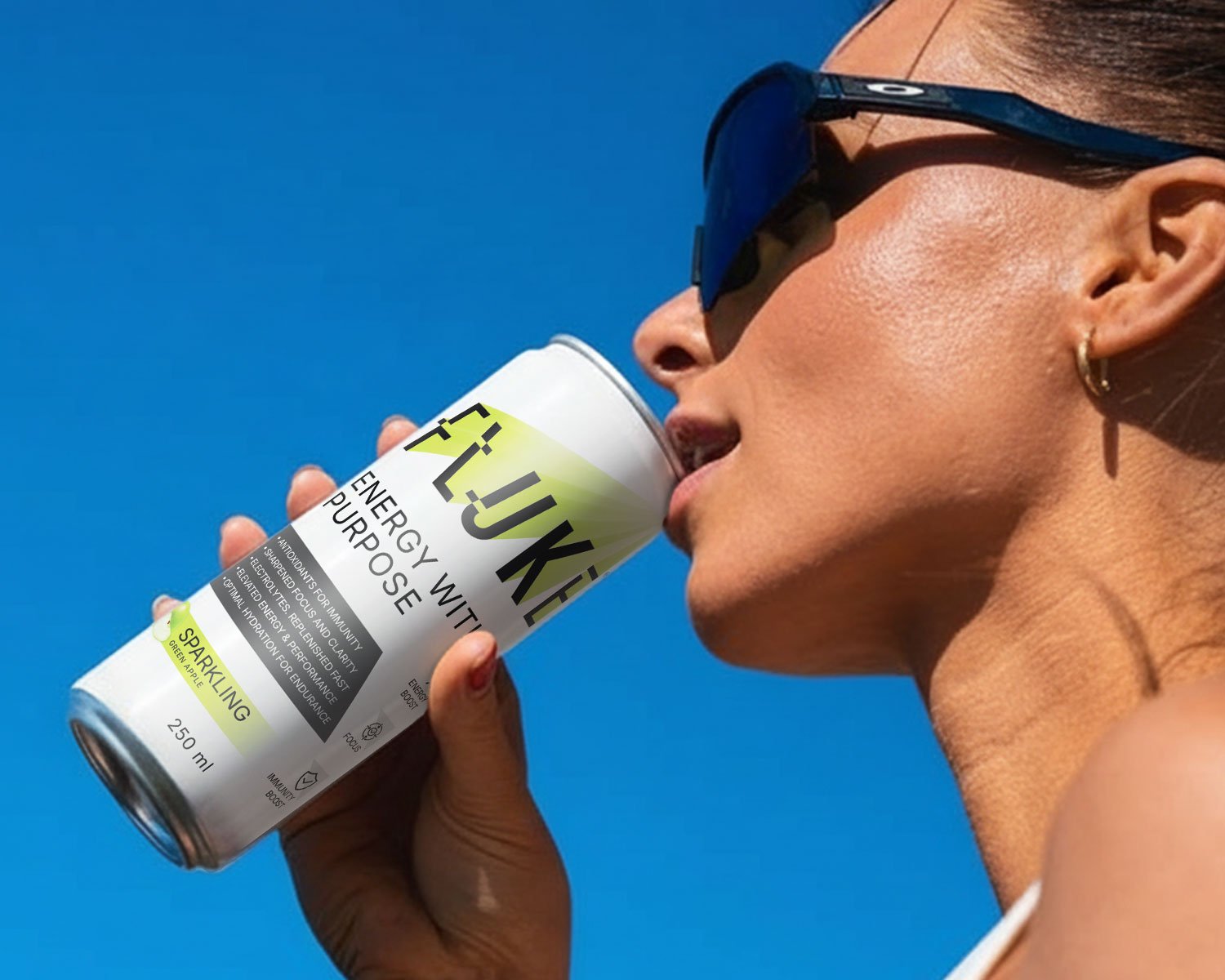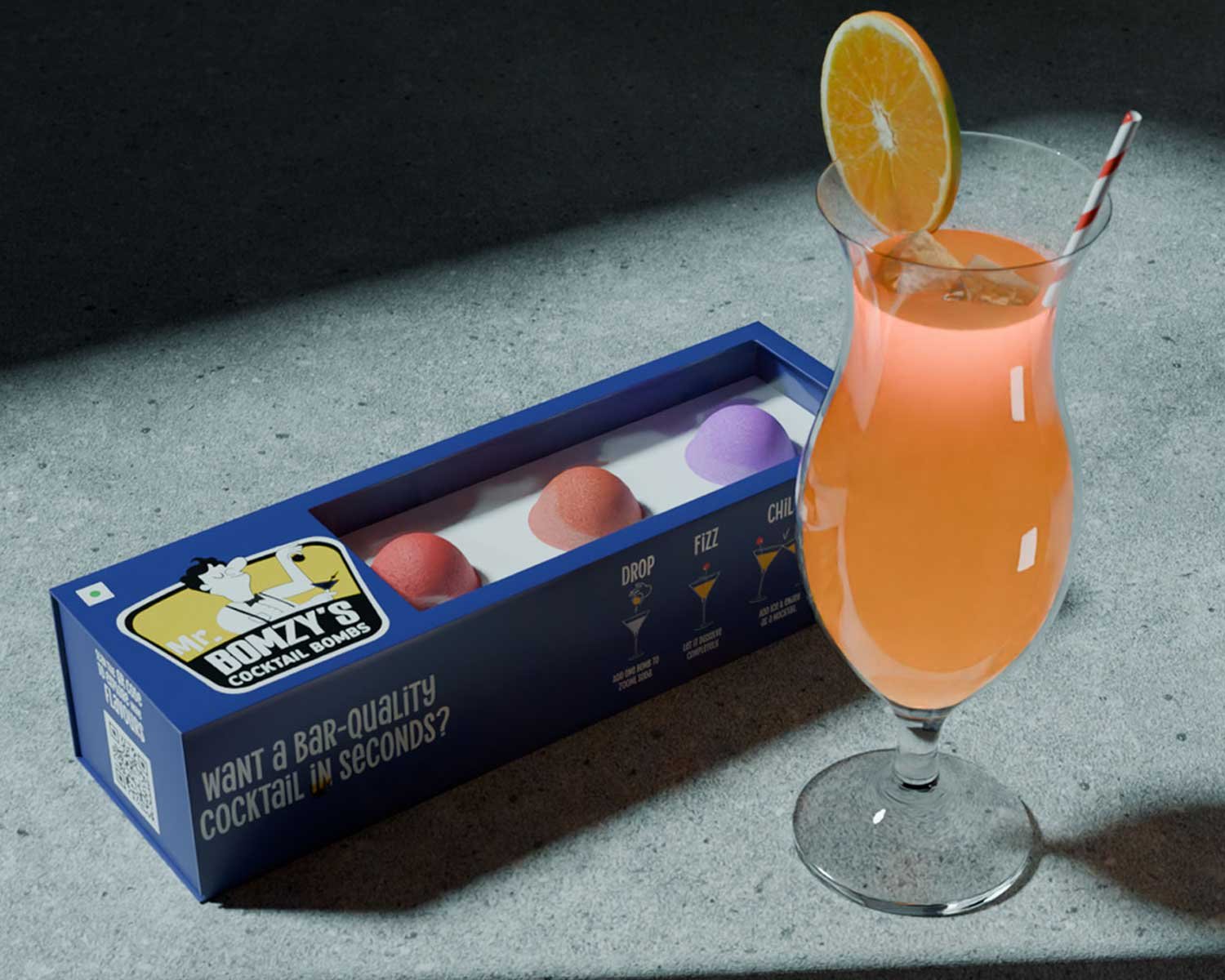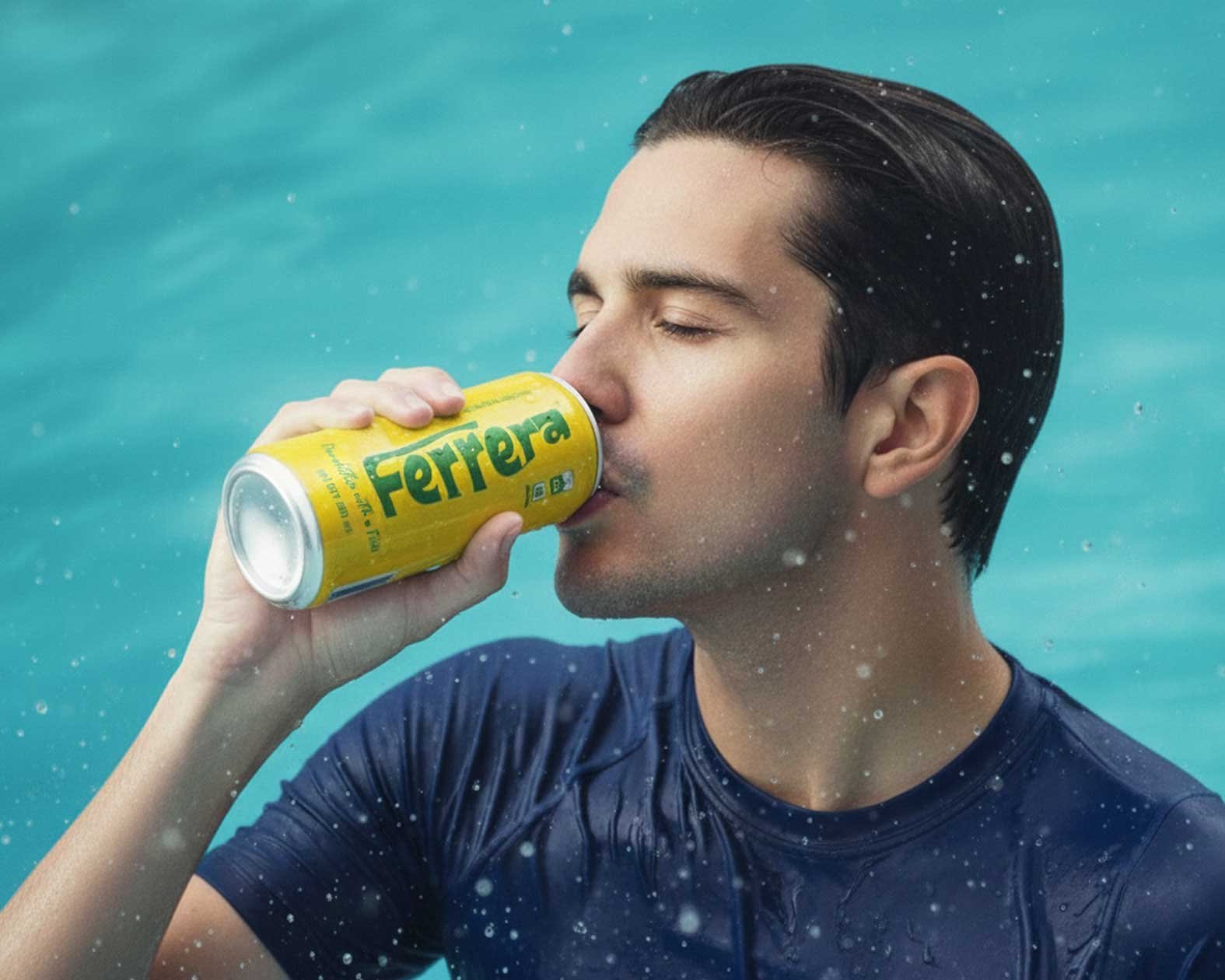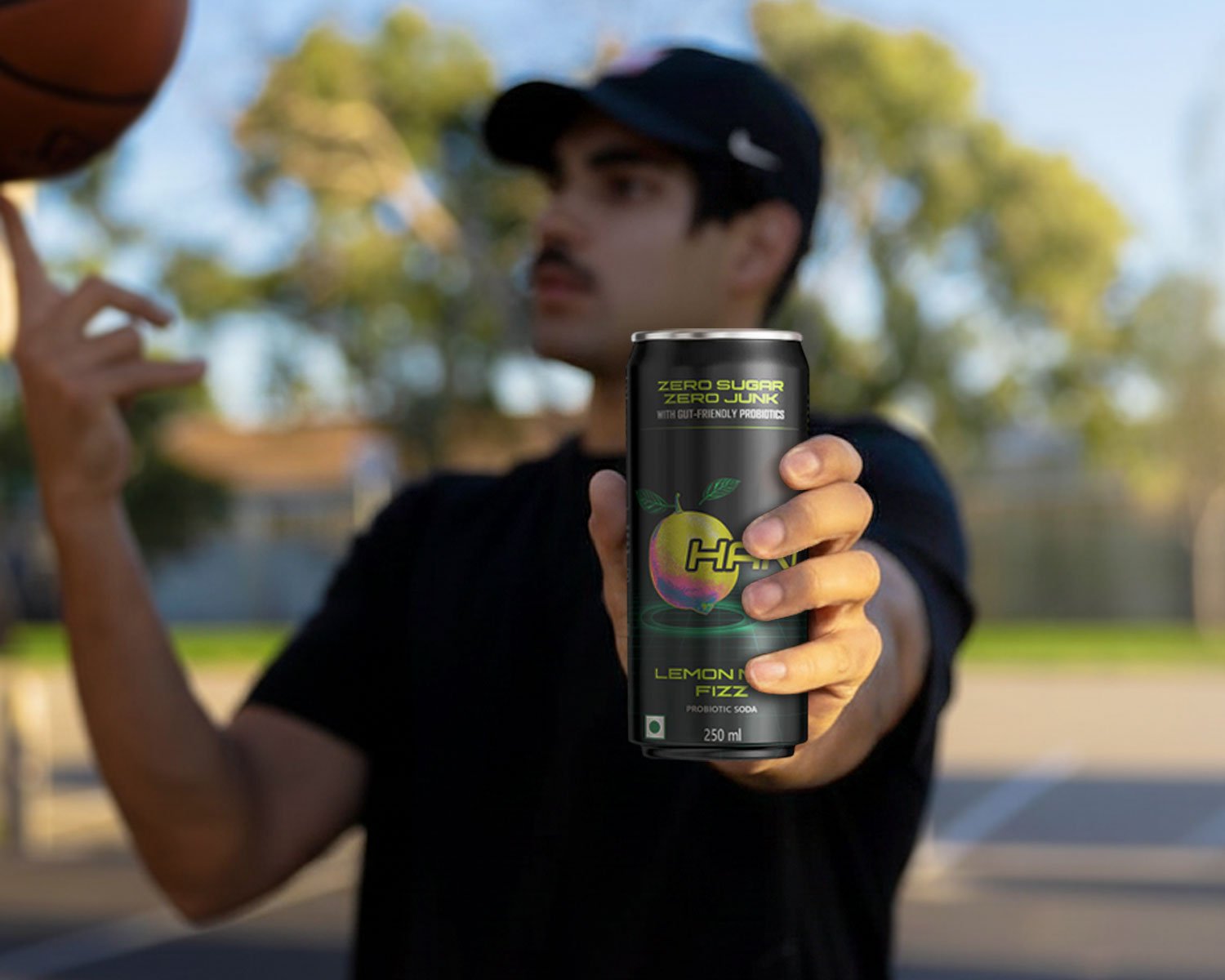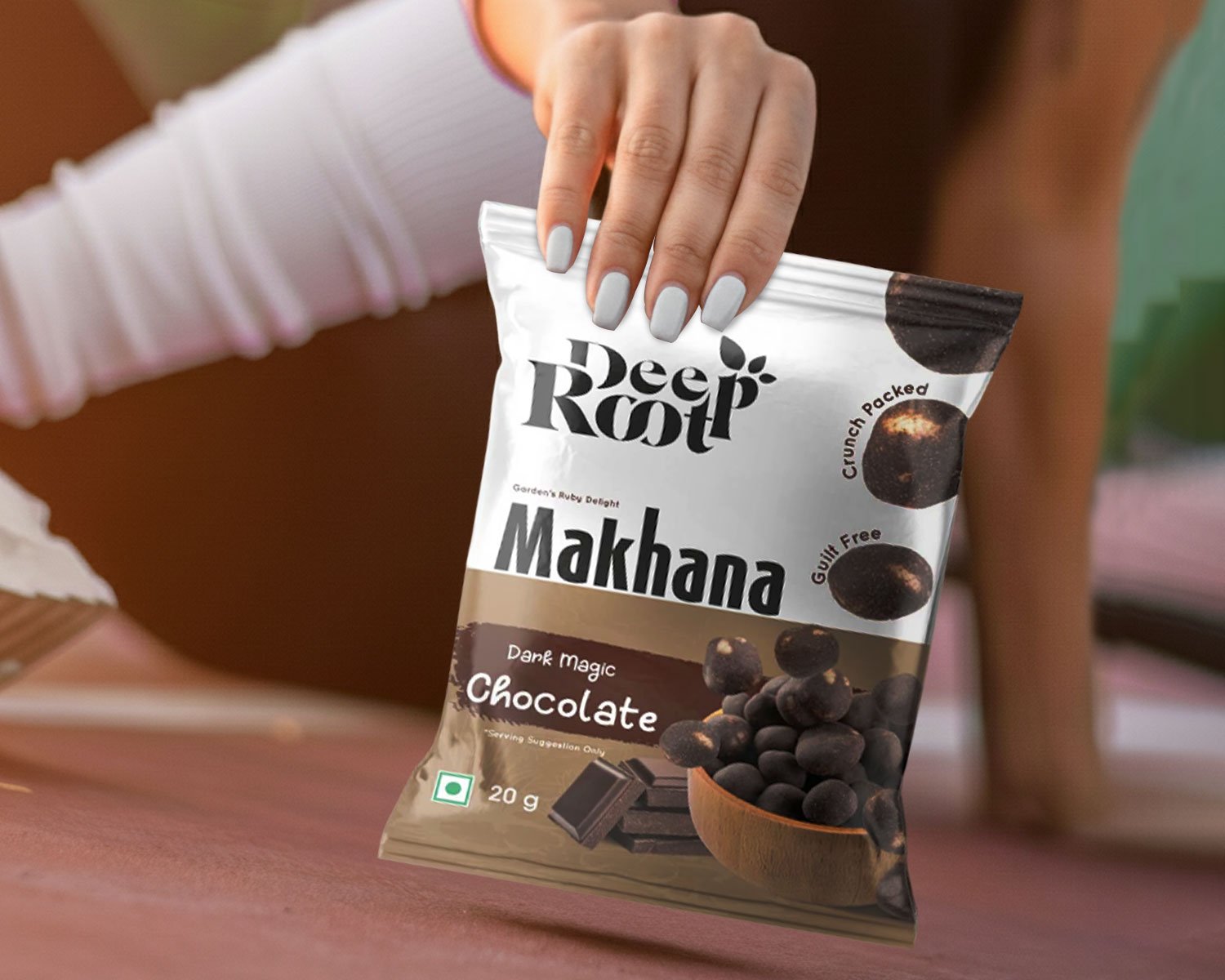Not every brand that dreams of a protein bar gets it right, but the smart ones don’t do it alone. After every best-selling fitness bar is a recipe formulation lab, a factory line, and a partner who understands challenges and market trends. If you are a fitness brand that is ready to move from concept to shelf success, protein bars 3rd party manufacturing is what you need in 2025. Let’s understand, through this blog, how the right manufacturing partner can change your protein bar idea into a ready-to-launch, retail-worthy reality.
Why Are Brands Choosing Contract Manufacturing Of Protein Bars?
The global protein bar market is seeing major growth, with sales revenue expected to reach approximately $15.84 billion in 2025, with a CAGR of 14.8% from previous years. This growth is because of the rising demand for healthy, high-protein, ready-to-eat snacks among athletes, fitness enthusiasts, and urban consumers who want convenience and nutrition.
It is also highlighted that the growing demand is for plant-based, clean-label options and a broader product range that is customized for women’s health, meal replacement, and specific diet needs. To meet this growth and these trends, brands are going for protein bars 3rd party manufacturing for success in their business.
Clean Label & Functional Trends In Protein Bars
Modern consumers are reading labels. This means fitness brands must cater to a new generation of expectations, both in ingredients and ethics.
Clean Label Protein Bars
These bars avoid artificial preservatives, flavors, or unrecognizable ingredients. Like:
- Plant-based proteins
- Natural sweeteners like dates or stevia
- Short ingredient lists
- Allergen-free formulations
Functional Ingredients
Brands are now incorporating performance-boosting add-ons such as:
- Collagen peptides (for skin and joint health)
- MCT oil (for energy & focus)
- Ashwagandha (for stress relief)
- Probiotics (for gut health)
An experienced protein bar contract manufacturer helps integrate these ingredients while maintaining taste, texture, and shelf stability.
Process Of Protein Bars 3rd Party Manufacturing
The protein bars’ third-party manufacturing process included different stages that needed proper guidance with the right equipment.
| Stage | Focus | Description |
|---|---|---|
| Protein Bar Product Ideation & Briefing | Brand vision & goals | Define product objectives, nutritional targets (high protein, low carb, clean label), ingredient preferences, texture (chewy, crunchy), flavours, and required certifications (vegan, keto, gluten-free). |
| Non-Disclosure Agreement (NDA) | IP protection | Share product vision and volume forecast and sign an NDA to protect intellectual property and confidential protein bar formulations. |
| Product Development | Recipe & testing | Develop protein bar recipes, conduct nutritional analysis, and perform stability testing. Food technologists optimise taste, nutrition, and shelf life through multiple trials. |
| Ingredient Buying | Raw material sourcing | Source high-quality ingredients such as proteins, vitamins, natural flavours, and functional additives. Bulk purchasing helps optimise ingredient costs. |
| Production Operations | Manufacturing & quality | Manage third-party manufacturing including ingredient blending, forming, setting, cutting, and packaging. Implement strict quality and safety controls. |
| Packaging and Labeling | Compliance & branding | Provide professional packaging options and ensure all labeling meets regulatory requirements while maintaining brand consistency. |
Working with an established protein bar manufacturing partner ensures each step is handled efficiently and compliantly.
Common Mistakes To Avoid In Protein Bars 3rd Party Manufacturing
Even seasoned brands can slip. Watch out for:
- Overcomplicating the formulation – Too many exotic ingredients can increase cost and reduce shelf stability.
- Ignoring minimum order quantities (MOQs) – Make sure you are aligned with their batch size policies.
- Not clarifying ownership of the formula – Always ask: who owns the IP of your custom formulation?
- Skipping shelf-life validation – Especially if you plan to export or sell through e-commerce.
Now that you know how important third-party manufacturing is for your protein bars brand, it’s time to figure out how to choose the right contract manufacturer of protein bars to grow your business the smart way.
How To Select A 3rd Party Manufacturer For Your Protein Bar Business?
Selecting the right protein bar contract manufacturer requires evaluation of several key factors:
- Formulation Capabilities- The contract manufacturers provide in-house research and development capabilities, like protein bar flavor development, nutritional optimization, and custom protein bar recipe formulation services.
- Facility Standards- The 3rd party manufacturing facilities should maintain modern equipment, clean production environments, and complete quality control systems. They should meet relevant certifications like ISO 22000, HACCP, and GMP standards.
- Scalability- Third-party manufacturing partners should present the ability to handle initial small-volume orders while maintaining capacity for future growth requirements.
- Technical Expertise- The right co-packaging protein bar manufacturing should show specific experience in protein bar production, with an understanding of ingredient compatibility and stability requirements.
Ask These Questions Before Signing With Any Manufacturer
- What certifications do you hold, FDA, GMP, ISO, or any other?
- Can you help with export labeling and documentation?
- What is your MOQ, and does it differ by format or ingredient?
- Do you have references from other startup clients?
- How do you handle production delays or ingredient shortages?
- What is the timeline from the signed contract to the first batch?
- What are your payment terms, and what is non-refundable?
These questions will help you avoid challenges in finding the right co-manufacturer for your protein bar business.
Is 3rd Party Manufacturing Right for You?
If you’re a fitness brand focused on growth, innovation, and quality, protein bars 3rd Party Manufacturing provides a faster, smarter, and lower-risk path to market. Whether you want to launch a line of low-carb keto bars or clean-label vegan snack bars, the right protein bar contract manufacturer can turn your idea into a scalable, profitable product. Instead of spending years building factories, work with partners who already have the muscle.
Choose a contract manufacturer who mixes scientific formulation, clean label standards, and market-ready execution to fuel your brand’s success; bar by bar. Partner with Foodsure and we will take your protein bar idea to impact. Let’s get connected at +918130404757.
Contact our experts today to turn your protein bar formula market-ready!
FAQs
What level of customization is possible in protein bar manufacturing?
Brands can basically change the protein sources, flavours, textures, functional ingredients, nutrition profiles, certifications, and packaging depending on the manufacturing agreement.
What are the steps involved in protein bar manufacturing?
The protein bar manufacturing process involves coming up with the idea, signing an NDA, formulation, nutritional analysis, stability testing, ingredient sourcing, production, and packaging in compliance with regulations.
How do I find the right protein bar contract manufacturer?
Look for a manufacturer that has a track record of success, is a certified facility, has strong R&D support, scalable capacity, and clear IP ownership policies.
What kind of certifications do protein bar manufacturers have?
Most of the protein bar manufacturers have the FSSAI or FDA license along with GMP, ISO 22000, and HACCP certifications. They also ensure compliance with the nutrition and labelling laws.
Is third, party protein bar manufacturing a good option for startups?
Certainly, it helps startups to lower their capital expenses, get to market quicker, benefit from expert formulation, and scale production without owning physical manufacturing facilities.

